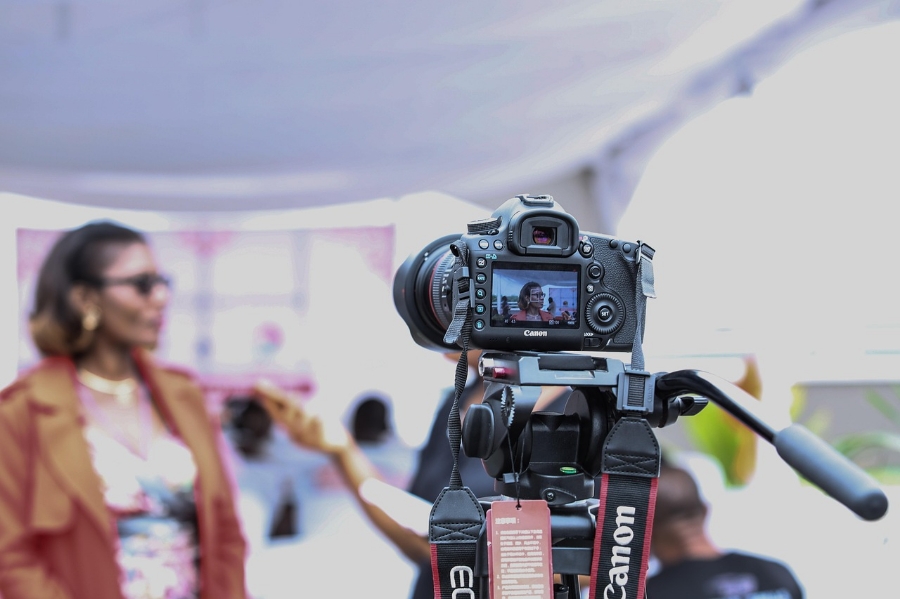Introduction
Handling media inquiries about an issue or event—or sharing an organization’s achievements—often involves live interviews. Understandably, many people worry about saying the wrong thing in such a situation.
The prospect of being interviewed can unsettle even the most confident individuals, especially given stories of probing questions from aggressive reporters or hosts seeking compelling answers for their audiences.
With thorough preparation and a solid understanding of the news media, you can approach any media interview with confidence and avoid being at a disadvantage.
Understanding the Media Environment
This guide is focused primarily on daily media, where the pressures of deadlines, competition, and advertising ratings create a unique environment for reporters and hosts. These factors distinguish daily media from other forms of communications media. The advice given in this article offers guidance on how to prepare for and protect yourself during the interview, how to use interviews to your advantage, and how to channel your pre-interview nerves productively.
Reporters are There to Do a Job
Most reporters are not seeking to embarrass or discredit interviewees, they are primarily interested in the story. However, they may make exceptions if they believe important information is being deliberately concealed. It’s their job to ask probing questions as part of the interview process, and you must prepare for highly informed and tough questioning.
What Is “News”?
Preparing for media interviews requires an understanding of what the media consider to be “news”. Ultimately, news is determined by media decision-makers based on what they believe is important to the public at the moment, not necessarily what you think is important. Only the most newsworthy stories are covered, and even those are limited by available time or space. Not all interviews result in media coverage.
News as Entertainment
Broadcast media are part of the entertainment industry. Their content is designed to be engaging and fast-paced to retain audience attention, often favoring stories that are entertaining, controversial, or tightly focused. Interviews are typically brief unless the topic is very current or fills a programming gap. Media competition is intense, and ratings and “likes” are the top priority. Reporters seek exclusive stories and memorable “sound bites”, which can sometimes be taken out of context or be unrelated to your main message. Avoid off-the-cuff humor, as it may be used as an embarrassing sound bite.
Know Your Interviewer
Some forms of reporting – particularly on social media – involve the reporter as part of the story, sometimes bringing their own biases or seeking interviews to support pre-existing views. Learning as much as you can about the interviewer ahead of time will help you prepare appropriately.
Preparing Yourself Before the Interview
Preparation is critical to a successful media interview. Pre-interview preparation can be as important as anything you say during the course of the interview itself.
Give yourself sufficient time to thoroughly prepare. Whenever possible, avoid spontaneous interviews; being unprepared may make you seem indecisive, evasive, or even incompetent. Here are some key things to remember to help you prepare properly so you can keep your cool and quell those pre-interview nerves.
Clearly define the goals and key points you want to underline.
Ask yourself the following question: What do you hope to accomplish in this interview? Write down your objectives to keep them top of mind throughout the process.
Develop a brief list of key points that you want to make during the interview. Limit these to only two or three for most interviews. Experienced interviewees often weave these key points into many of their responses to ensure their main messages are being communicated.
Determine the newsworthiness of your story.
If you are the one who is inviting the media to conduct the interview, be very sure that the information you plan to share is truly newsworthy. Seek professional advice if necessary. Remember that what constitutes news is determined by the media—not by you. Reporters must see an angle in your story that their viewers / listeners / readers will find interesting enough to consume.
Get details of media contacts.
If a reporter contacts you to ask for an interview, find out their name, the media outlet they work for, phone number(s), the purpose of the interview, name of anyone else being interviewed for the same story, and the deadline by which the story will be published. Keep a record of this information, especially if you will be participating in multiple interviews.
Prepare potential Q&As.
Anticipate possible questions and prepare concise answers. Pay special attention to awkward or difficult questions that a reporter might ask. Once you have mastered responses to the toughest questions, the rest should come more easily.
DON’T refuse a request for an interview.
Refusing an interview is rarely a good option. It will look like you have something to hide. If you decline to be interviewed, the information void will likely be filled by less informed individuals—or even your critics or rivals.
Rehearse, rehearse, rehearse.
Conduct as many mock interviews as possible. Ideally, these should be facilitated by an external professional rather than an internal employee, as employees may hesitate to ask potentially embarrassing questions—precisely the kind of questions that these rehearsals should be addressing.
Record your practice interviews and review them thoroughly, identifying strengths and weaknesses. Repeating rehearsals and reviewing playbacks is a powerful tool in your preparation toolbox.
Choose the interview location, if at all possible.
If you have a choice, you – not the media contact – should be the one selecting the interview location. Try to choose a room where you can control access and display your organization’s logo behind you, maximizing exposure for broadcast media and photographers.


